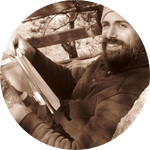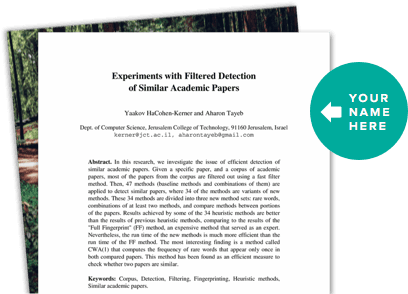About This Project
Engineering of Mars-ready lichen to support terraforming and habitability. By leveraging synthetic biology, we aim to create resilient, photosynthetic organisms capable of thriving in Mars-like conditions—low temperatures, high radiation, and thin CO₂-rich atmosphere. These engineered lichens will contribute to atmospheric processing, soil generation, and sustainable ecosystems, laying the groundwork for long-term human presence on Mars and advancing life sciences in extreme environments.
Ask the Scientists
Join The DiscussionWhat is the context of this research?
This project addresses the challenge of creating sustainable life-support systems for Mars colonization by developing genetically engineered lichen capable of thriving in extreme Martian conditions. Lichen, known for its resilience, can contribute to terraforming efforts by converting CO₂ into oxygen, producing organic material, and aiding soil formation. By leveraging synthetic biology and environmental engineering, this research explores the potential of lichen to create the foundation for self-sustaining ecosystems on Mars, enabling long-term human habitation and advancing solutions for extreme environments on Earth.
What is the significance of this project?
This project pioneers the future of space colonization by tackling Mars’ hostile conditions with engineered lichen. As a sustainable, scalable solution, these organisms can transform CO₂ into oxygen, jumpstart soil formation, and enable self-sustaining ecosystems. Success here doesn’t just make Mars habitable—it redefines our approach to extreme environments, advancing biotechnology and cementing humanity’s role as an interplanetary species. This is the first step toward making Mars ours.
What are the goals of the project?
The project’s goal is clear: engineer resilient lichen to thrive on Mars, converting CO₂ into oxygen, producing organic material, and forming the foundation for terraforming. By leveraging cutting-edge genetic engineering, we aim to create organisms capable of surviving harsh Martian conditions—radiation, low temperatures, and thin atmosphere. These engineered lichens will be the first living tools to shape Mars into a habitable planet, paving the way for human colonization and planetary transformation.
Budget
Essential lab equipment, such as growth chambers and UV radiation simulators, enables testing lichen survivability in Mars-like conditions. Supplies like culturing materials and radiation simulators support lichen growth and environmental testing, as well as forced evolution. Marketing and outreach raise awareness and additional funding. A contingency ensures flexibility for unexpected costs. Together, these budget items directly support research, testing, validation, and scaling, ensuring progress toward developing Mars-ready lichen capable of supporting terraforming efforts.
Endorsed by
 Project Timeline
Project Timeline
The project unfolds in three phases: Phase 1, home-office lab preparation, and lichen sample acquisition; Phase 2, engineering lichen for Mars-like resilience; and Phase 3, testing in simulated Martian conditions. Deliverables include regular updates, exclusive research insights, and a final report on the viability of engineered lichen for terraforming and planetary sustainability.
Dec 05, 2024
Lab preparation, and lichen sample acquisition.
Dec 13, 2024
Project Launched
Aug 01, 2025
Genetic engineering of extremophile lichen for Mars-like conditions.
Dec 01, 2025
Testing lichen survival in simulated Martian environments
Meet the Team
Erik Aronesty
Erik Aronesty is a biotechnology expert with a strong background in computational biology and sequencing technology. The creator of ea-utils, widely used in genomic data processing, I combine decades of experience with a drive for innovation.
Lab Notes
Nothing posted yet.
Project Backers
- 1Backers
- 1%Funded
- $100Total Donations
- $100.00Average Donation


